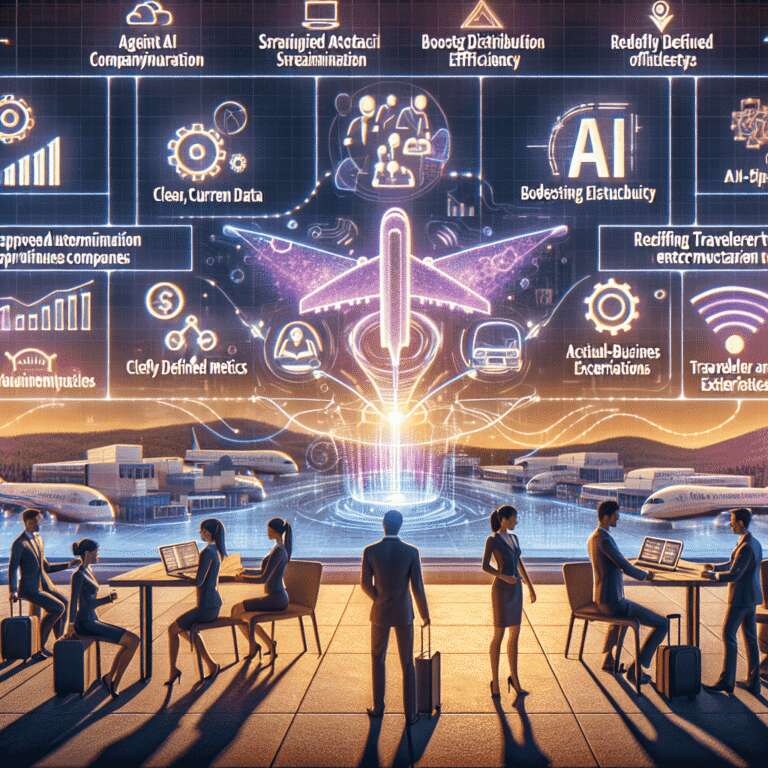Phocuswright´s New Age(nts) Trend series recently convened industry thought leaders to examine the operational impact of Artificial Intelligence on travel companies. Hosted by senior researchers Mike Coletta and Robert Cole, the panel featured founders and CEOs Anna Jaffe (Mobi.ai), Bobby Healy (Manna and Meili), and Tim Hentschel (HotelPlanner and Meetings.com)—figures at the cutting edge of Artificial Intelligence implementation in travel. The event highlighted the swiftly evolving role of generative Artificial Intelligence and agentic systems in automating operations, enhancing distribution channels, and redefining traveler engagement.
Panelists agreed that workforce readiness and ongoing training are crucial. According to Bobby Healy, companies must cultivate ´Artificial Intelligence fluency´ now to avoid talent gaps as technology becomes more integrated. Healy stressed the importance of openness to technology evaluation, encouraging organizational cultures that experiment with and adapt to new tools. Otherwise, defensive attitudes could lead to rapid disruption by competitors who embrace innovation more quickly.
The discussion underscored the necessity of robust data hygiene. Without clean, current data and well-defined performance benchmarks, Artificial Intelligence deployments risk delivering inaccurate or suboptimal results. As agentic Artificial Intelligence becomes a key distribution channel, travel companies are compelled to rethink customer interaction frameworks. Anna Jaffe pointed out the limitations of relying solely on historical data, emphasizing that future-ready systems must respond in real time to individual preferences and become context-aware. Tim Hentschel illustrated practical impact by describing HotelPlanner´s voice reservation agent, which leverages insights from eight million human calls to train Artificial Intelligence agents with diverse personalities and regional accents, now handling over 50,000 calls daily. He noted this approach is increasingly matching or surpassing human agents in customer service and conversion. The panel concluded that executive agility and ongoing education are essential as rapid Artificial Intelligence advancements could be the source of either future differentiation or existential threat for travel companies.

